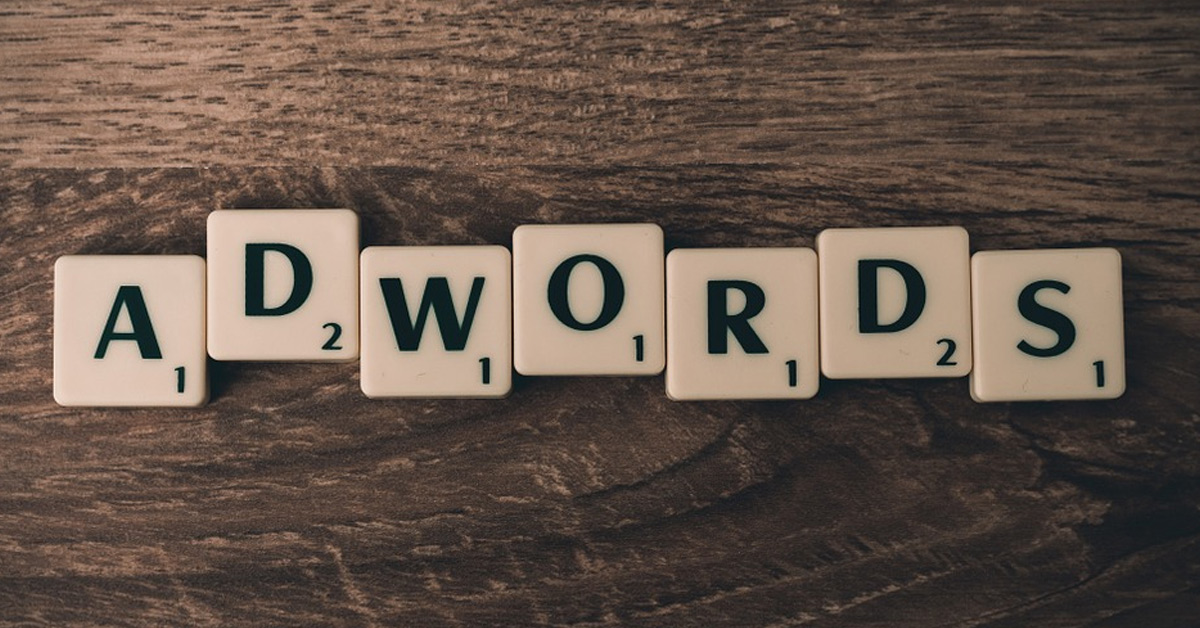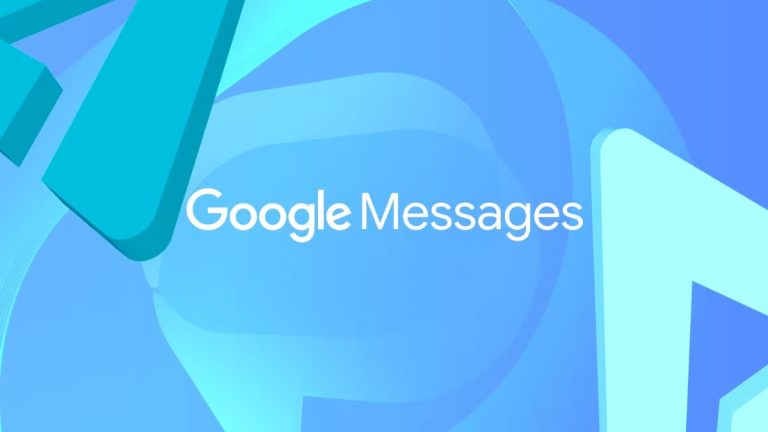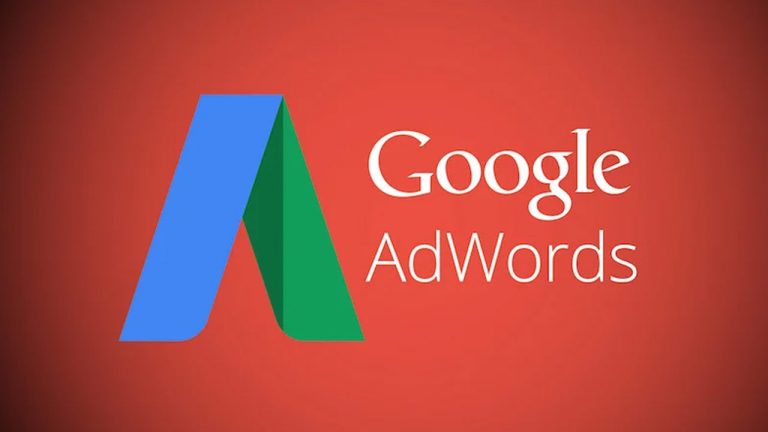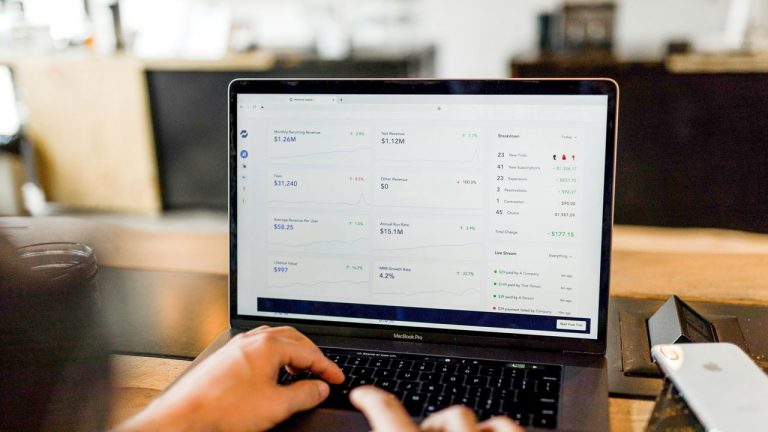Do Ads on a Web Page Affect SEO and Traffic?

In recent years, there are few applications and web pages that you can visit without at least one ad appearing. Advertisements are a great way to make money. Smallbizgenius pulled out statistics that say the average person gets bombarded with 1700 ads on web pages in just a month. The monthly cost of posting ads on the company’s webpage costs between $ 9000 and $ 10000 per month. However, ads have proven to be a successful way of earning money for all those who post them on their web pages. But do ads on a web page affect SEO and traffic?
Ads on a web page can negatively affect SEO and traffic. If your web page has more ads than actual content, this can lead to reduced SEO ranking, slower page performance, and ultimately reduced traffic to your webpage. Numerous advertisements lead to dissatisfied visitors who quickly leave your web page, thus reducing traffic.
Due to the growing number of ads on web pages, Google has begun to monitor how adding ads affect web pages, with a special focus on the user experience. SEO is focused on building pages that are primarily tailored to people, so it is very important what kind of content you share on them. For your web page to have as much traffic and a better ranking, it must be relevant, detailed, and useful. Ads are welcome, but only if you cleverly incorporate them into your webpage.
How Do Ads on a Web Page Affect SEO
Advertisements on your webpage can negatively affect SEO. If you do not place ads properly on your webpage, it can lead to penalties as well as a dramatic drop in your page ranking. Advertisements do not directly affect SEO but affect the visitor experience. If Google finds that your site has had negative visitor experiences lately, it could negatively affect SEO. In short, ads indirectly affect SEO by changing the visitor experience.
It would help if you didn’t have too many ads on your site that are accompanied by minimal quality content to read, in which case Google may penalize you for not following the Page Layout Algorithm. Just ask yourself what is the first thing you see on your page, ads or content? Although you use ads to make money, web pages without content are completely pointless, so it is essential to keep content in the foreground. Google supports advertisements, but in no way supports pages that are made up almost exclusively of advertisements. Such content on the site will negatively affect the SEO and reduce the ranking.
If you place ads at the top of the page, it will also annoy visitors to your webpage. No one wants to scroll through a page to get content that interests them, so it’s a bad practice for ads to stand at the top of the page. It will also bother you if ads pop up on the page because then it is obvious to everyone that you have placed ads solely to make money, not to help visitors reach useful services or products that interest them. Floating ads above content will bring a negative user experience, which will at the same time mean the ranking of your page decreases.
In addition, the ads you place on your web pages can significantly slow down page loading. This happens because the site tries to make several server calls at the same time to load all the ads on it. Speed is one of the factors that Google takes into account when ranking, so too many ads can certainly negatively impact SEO.
How Do Ads on a Web Page Affect the Traffic?
Placing numerous ads on your webpage slows down the site. Slow websites negatively affect SEO, but they also negatively affect traffic on your page. If you place numerous ads on your webpage, it can be quite annoying for visitors. On the one hand, page loading is very likely to be slower, while at the same time, their ads will pop up from all sides. Think about it, would you go back to a page that loads very slowly while at the same time terrorizing you with ads? Of course not. Visitors of your webpage will also think about it, which will surely lead to a reduction in traffic on your webpage.
If you use pop-up ads where the exit button is hidden or the exit button moves when you put a pointer on it, it will definitely reduce traffic on your webpage. No one wants to experience torture to get to the content they want, so don’t make it difficult for visitors to get to it. Also, don’t use huge pop-ups that will hide the site’s entire content and irritate your visitors. These practices can bring you profit but will certainly reduce traffic on your webpage. In addition, such web pages will encourage your visitors to use ad blockers, which will result in visitors not showing ads at all, and you will be left with no earnings.
Another thing that will definitely reduce the traffic on your webpage is adding misleading ads. When you have an ad on your webpage that interests the user, but clicking on it leads to a page with absolutely different content, it can make visitors quite angry and result in a significant reduction of traffic on your site.
Besides, the traffic on your web page will definitely be reduced if you use excessive pagination to achieve more ad views. If you go to a page that has short texts of only a few sentences and you have to click for further content, it can be quite exhausting, especially when there are ads that are a page for themselves hidden between the content. Sites like this may bring you earnings, but they will certainly reduce traffic to your webpage and ultimately lead to lower earnings.
How to Use Ads Not to Affect SEO and Traffic?
If you have decided to place ads on your webpage, do so wisely. Know for yourself how strenuous can be ads that run automatically as a video with sound or disappearing ads that continue to produce sound even if you turn it off. Perhaps worst of all is when you place an ad that if you try to turn it off opens a new ad and so on in a circle. Never post any of the listed ads as such ads will definitely reduce traffic on the webpage. It may seem like these ads are making a profit, but most likely, people click on them by accident, trying to shut them down. If you decide to post ads, use simple ads that will not pop up on every click on the webpage but will stand quietly on the side waiting for a click on them.
If you’re already adding ads, don’t do so that your page will be full of ads. Although advertisements can be easily earned, in this case, the saying the more, the merrier does not apply. If you put a bunch of ads on the webpage, in the beginning, you may earn more, but over time, many ads will slow down your webpage. Slowing down will also mean a lower ranking of your site. If you use advertisements, do so wisely by placing them to make money but not affect your web page’s performance. This way, you will be able to make money successfully in the long run, even if it will have a partial impact on SEO.
If you are adding ads, make sure your ads do not block content. The reason people come to your site is always the content that is on it. No one visits web pages with the intention of finding specific ads on them. Highlight the content so that as soon as the visitor comes to the page, it is clear what the content is and what the ads are. This will also allow for better visibility of your site and you will not affect the traffic or poorer ranking of your web page.
In order not to get into situations where the traffic on your web page decreases, simply respect the users and ask yourself if I would spend time on this page. If the answer is no, do everything you can to remove the ads or web page design that harms your site’s traffic. Also, if you notice that a particular ad reduces traffic on your web page, be sure to remove it as soon as possible and see if the traffic has returned after that. Small changes can do wonders for your web page traffic.
There is no unique solution to adding ads on the web page without influencing SEO or traffic, so you constantly have to watch how the ads affect it. Advertisements can be a great source of income, and if you use them properly, it will not affect SEO or traffic. To achieve this, follow these tips and make sure that ads do not become your web page’s main content.






